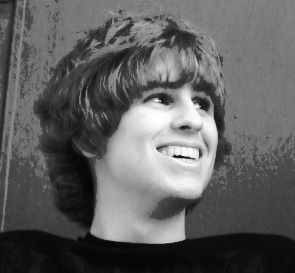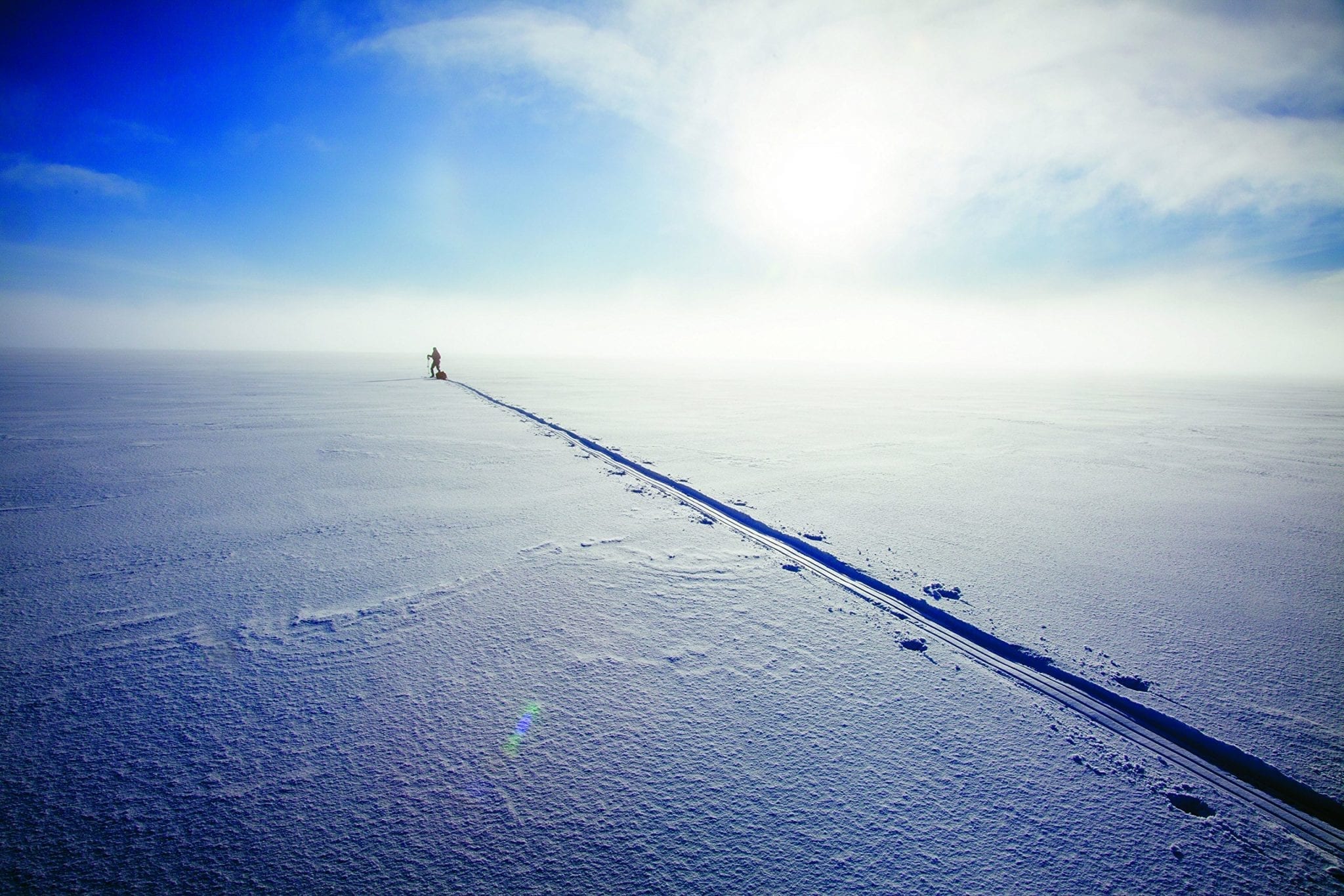Erling Kagge is, according to the inside back cover of Silence, a Norwegian explorer, writer, and publisher “who was the first in history to reach the ‘three poles’ – North, South and the summit of Everest.” Silence itself is a slim book in which Kagge makes a heartfelt case, based on his experiences spending long periods of time traversing the outdoors alone, that silence is not an absence but a positive necessity. My friend Tina, another Norwegian, lent me this book and I’ve read it twice. It’s a quick read, and simple, and grounding.
It’s laid out something like a book of poetry. Small format, broken up into short essays on subjects and thoughts surrounding silence. “I wanted to write about silence because it’s more difficult to value silence than noise, and because it is important” he explains to his children. In the exercise of valuing silence Kagge tells stories of skiing across Antarctica with a broken radio, sailing round Cape Horn, and exploring the bridges and subway tunnels of New York. A loose conceptual map is formed in which silence is not the absence of noise in a moment, but is itself missing - the absence of mindfulness in modern life. Kagge expands:
“How should we live? That’s one of the biggest of the big questions. In the old days, great and not-so-great philosophers made attempts to find the answer. The result was extensive theories and loads of reading material. Most philosophers nowadays are geared towards politics, language and analytics. Few philosophers focus on silence and what it can do for you and me. Several philosophers have remarked to me, in much the same vein as my children’s comments around the dinner table, that silence is nothing and therefore uninteresting. That’s a pity. On the other hand, few philosophers are able to bake a cake – so many of them are far removed from both the small and the big challenges of practical, everyday life.”
From yoga to hypnosis to an experiment in which silence played a part in making strangers fall in love, Kagge weaves together a brief philosophy of how to live. He ends with an exhortation to go out and explore yourself, to “find your own South Pole”, because “there has never been a book written that can tell you more than what you yourself have experienced.” He quotes a poem by Norwegian poet Olav H. Hauge:
When it comes to the punch, there’s
so little left to do, and that tiny bit
the heart has always known.
Silence: In the Age of Noise
Erling Kagge
Translated by Becky L. Crook
Penguin Books, 2017

